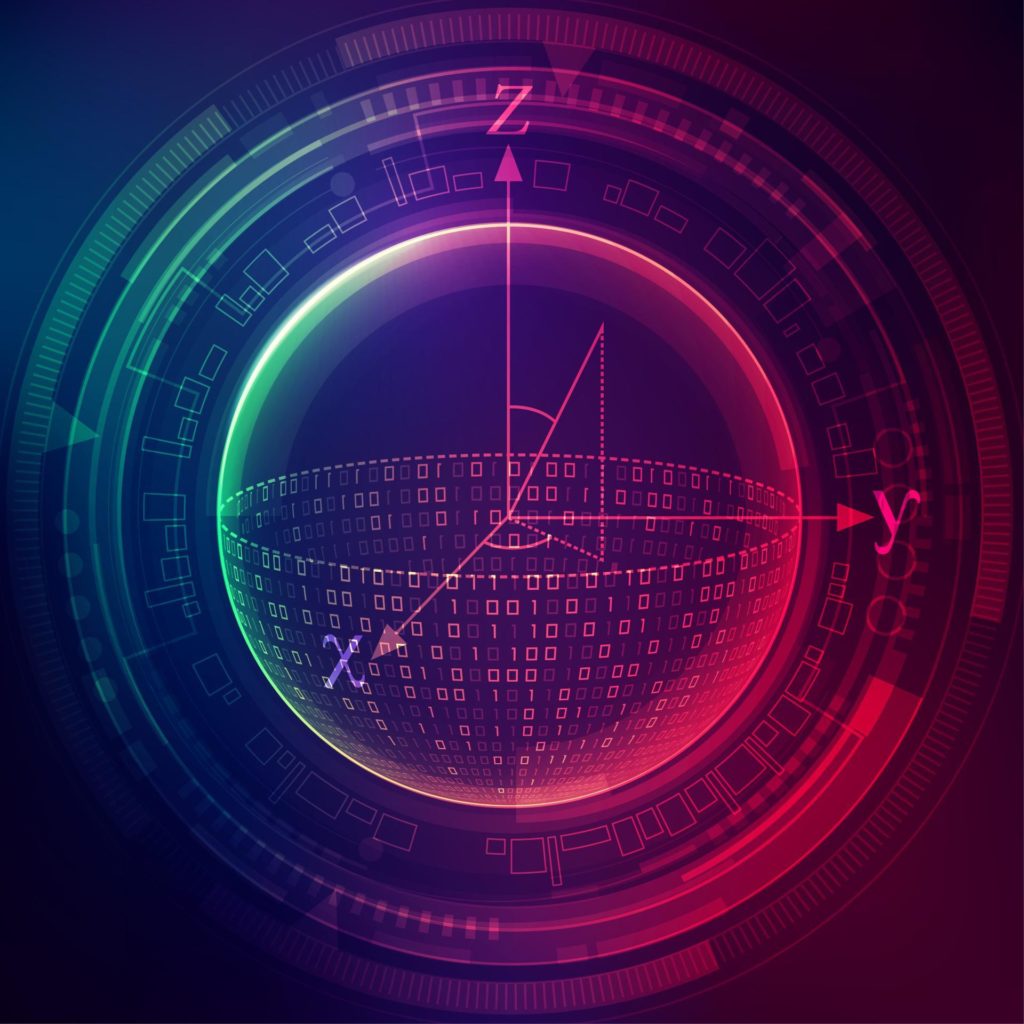Prototype quantum computers of different architectures
Quantum computers are a key technology for the future. Not only are they significantly faster in specific fields of application, but they also open the door to possible applications that cannot be achieved by conventional supercomputers. Their use is possible, for example, in the transport and energy sectors, as well as in fundamental research or even satellite operations.
Establishing an industrial ecosystem
As part of DLR’s Quantum Computing Initiative, prototypes of quantum computers based on various architectures are to be built within the next four years and the associated technologies and applications are to be developed. DLR is contributing its own expertise and ideas to the research and development work.
Key aspects are the establishment of an industrially sustainable ecosystem and the transfer into commercially relevant applications. The quantum computing potential is one of the pioneering competences required for Germany to maintain its economic leadership position. DLR is involving companies, start-ups and other research institutions to jointly drive the development work forward. DLR has received funding for this from the German Federal Ministry for Economic Affairs and Climate Action (Bundesministerium für Wirtschaft und Klimaschutz; BMWK) and is awarding contracts to companies on a significant scale through a number of competitive tendering processes. In doing so, DLR is building a competitive quantum ecosystem and driving the transfer of knowledge to industry.
Qubits can be more than 0 and 1
Quantum computers work on the basis of quantum physics. Their quantum bits (qubits) cannot only assume the states 0 and 1, but also intermediate values. This is what distinguishes quantum computers from conventional computers makes them so powerful. At DLR, several institutes are already working with quantum technologies. These include the newly established Institute for Satellite Geodesy and Inertial Sensing in Hanover and the Institute of Quantum Technologies in Ulm.
Link:
Quantum Computing Initiative
Dr. Robert Axmann | Email robert.axmann@dlr.de
